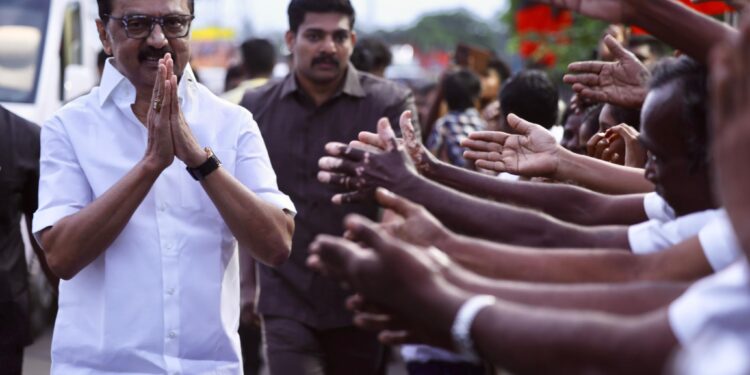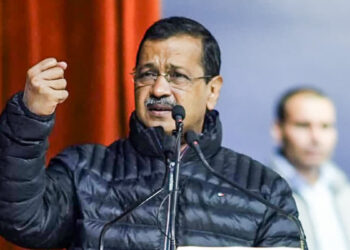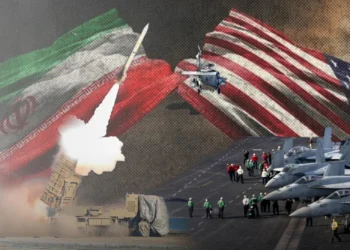In a landmark moment for Tamil Nadu’s political landscape, the ruling Dravida Munnetra Kazhagam (DMK) held its General Council meeting in Madurai on June 1, 2025 — the first time in nearly five decades that this pivotal gathering took place outside Chennai. Party President and Tamil Nadu Chief Minister M.K. Stalin turned the event into a political spectacle, combining symbolism, strategy, and reconciliation.
Historic Setting and Massive Turnout
The meeting was held at Kalaignar Thidal in Uthangudi, a specially prepared venue showcasing towering cutouts of Periyar, Anna, and Karunanidhi. Over 7,000 senior functionaries from across the state attended the council session, underlining DMK’s enduring organizational strength.
A total of 33 resolutions were passed at the meeting, addressing the political roadmap ahead, reaffirming the party’s commitment to social justice, and strengthening the groundwork for the 2026 Assembly elections.
Stalin confidently declared the party’s goal: “DMK will secure 200 of the 234 seats in the upcoming Assembly elections,” effectively sounding the bugle for the 2026 campaign.
—
Stalin’s 20-km Roadshow: A Political Statement
The day before the meeting, Madurai witnessed an electrifying 20-kilometre roadshow led by Stalin himself. Starting from Perungudi’s Ambedkar statue and winding through major neighborhoods including Avaniyapuram, Jaihindpuram, and Kalavasal, the rally concluded at New Jail Road.
With 37 reception points showcasing traditional music, dances, and party pageantry, the city turned into a festival ground. Thousands thronged the roads, waving party flags and raising slogans, transforming the roadshow into a mass reaffirmation of DMK’s grassroots support.
As part of the tour, Stalin inaugurated a ₹50-lakh high-truss shade at Veera Kaliamman Temple in Jaihindpuram, funded through MLA P. Moorthy’s constituency development fund. He also unveiled a bronze statue of Subbiah Muthu, Madurai’s first mayor, marking the party’s tribute to local leadership.
Stalin further visited renowned Tamil scholar Solomon Pappaiah, reflecting the DMK’s cultural grounding and respect for Tamil intellectuals.
—
Reunion with Alagiri: A Surprise Twist
In a dramatic and unexpected moment that added personal gravity to the political proceedings, Stalin visited his estranged elder brother and former Union Minister M.K. Alagiri at his residence in TVS Nagar, Madurai, late Saturday night.
The siblings had long remained distant following internal party rifts. The meeting has triggered speculation about a potential thaw in relations and its implications for the DMK’s political strategy in southern Tamil Nadu — Alagiri’s traditional stronghold.
—
City Revamp for the Event
Madurai underwent a facelift ahead of the high-profile events. The State Highways Department and City Corporation carried out extensive patchwork and resurfacing on key roads. Traffic barricades were erected, sanitation drives conducted, and public spaces cleaned — a citywide preparation that reflected the significance of the occasion.
—
Political Symbolism and Strategy
The choice of Madurai, a DMK bastion and historically the launchpad of many Dravidian movements, was no accident. The city holds deep symbolic value as the birthplace of powerful political and social awakenings. By bringing the party’s central deliberations to Madurai, Stalin not only honored this legacy but also aimed to energize the southern voter base ahead of a crucial electoral cycle.
Political analysts view this meeting as a bold signal — that the DMK is consolidating its base while reaching out to old allies and estranged figures. The powerful visuals of Stalin’s grand procession and the emotional gesture of visiting Alagiri are expected to resonate widely among the cadre and public alike.
—
Conclusion
The 2025 DMK General Council meeting in Madurai will be remembered as a turning point — a fusion of strategy, sentiment, and showmanship. As M.K. Stalin repositions the DMK for the next phase of governance and elections, the Madurai event not only galvanized the party base but also sent a clear message to rivals: the DMK is united, grounded in its legacy, and firmly marching forward.





































